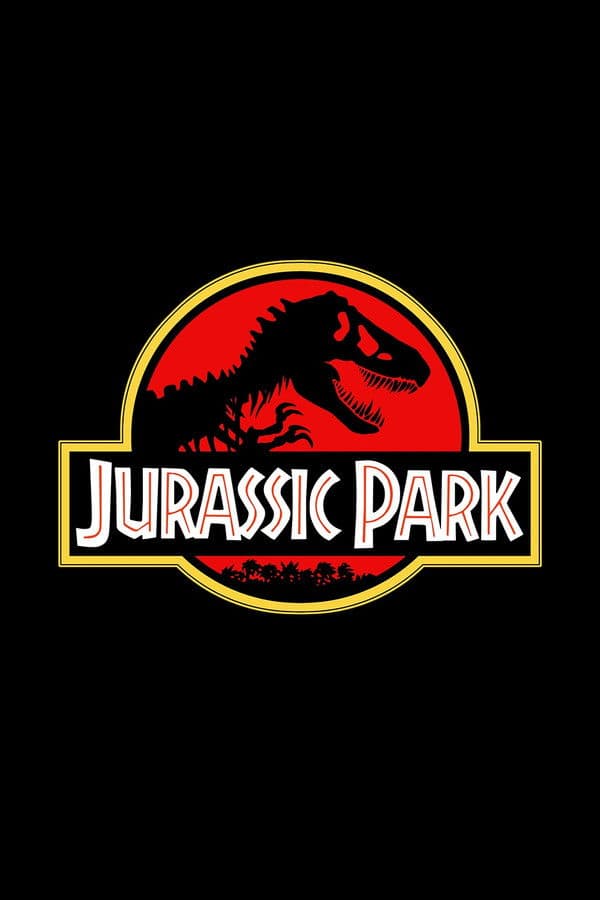
Jurassic Park
1993 • Adventure, Science Fiction • PG-13
A wealthy entrepreneur secretly creates a theme park featuring living dinosaurs drawn from prehistoric DNA. Before opening day, he invites a team of experts and his two eager grandchildren to experience the park and help calm anxious investors. However, the park is anything but amusing as the security systems go off-line and the dinosaurs escape.
Runtime: 2h 7m
Why you should read the novel
Reading Michael Crichton's 'Jurassic Park' provides a deep dive into the mind-bending science and ethical questions at the story's core, offering a more intellectually stimulating experience than the film. The novel’s detailed scientific explanations and philosophical debates about genetic engineering spark curiosity and raise important questions about human intervention in nature. Readers who enjoy rich, descriptive narrative and complex character motivations will find the book both immersive and thought-provoking, giving context and depth to a story that films can only briefly touch on.
While the movie delivers jaw-dropping visuals and iconic moments of suspense, the book crafts a slower build, teasing out tension and terror through vivid descriptions and psychological insight. Crichton's prose takes you inside the characters' minds, exploring their backgrounds and ethical dilemmas in a way the fast-paced film can't always replicate. The result is a more nuanced, chilling, and intellectually engaging adventure.
For those fascinated by science, technology, and their real-world implications, the novel remains a prescient page-turner. Its speculation about biotechnology remains relevant today, making it a must-read for anyone interested in the possible consequences of unchecked scientific ambition. Choosing the book over the movie means embarking on an adventure where ideas, fear, and suspense leap off every page.
Adaptation differences
One of the main differences between the 'Jurassic Park' novel and its film adaptation lies in the portrayal and depth of key characters. In the book, characters like John Hammond and Dr. Henry Wu are depicted with more complexity and moral ambiguity—Hammond is less kindly and more obsessed with profit, while Dr. Wu is more involved in the park’s scientific failures. Some characters who survive in the film, like Ian Malcolm, meet their end in the novel, and vice versa, significantly altering each version’s tone and message.
Another major difference is the story’s setting and the sequence of events. The novel contains scenes not present in the movie, such as the river raft escape and a more extended role for some dinosaurs like the Procompsognathus. These scenes build suspense differently and add layers of danger and unpredictability that the film streamlines for pacing. Key elements like the fate of the raptors and the T. rex, as well as some of the park’s behind-the-scenes science, are also handled uniquely in the book.
The novel delves far deeper into the scientific and ethical discussions that underlie the park’s creation. Michael Crichton provides detailed, sometimes technical, explanations of genetic engineering and chaos theory, using characters like Malcolm to explore these themes in depth. The film, while mentioning these concepts, largely glosses over their complexities to focus on spectacle and thrilling chases, leaving much of the philosophical debate behind.
Finally, Michael Crichton's book contains a more cynical and cautionary tone about humanity’s ability to control nature. The ending of the novel is darker and more ambiguous, addressing the broader consequences of the park’s failure, while the film opts for a more hopeful and simplistic escape, focusing on the immediate safety of the main characters rather than the ethical aftermath. This shift in tone influences the overall message and impact that audiences take away from each version.
Jurassic Park inspired from
Jurassic Park
by Michael Crichton












